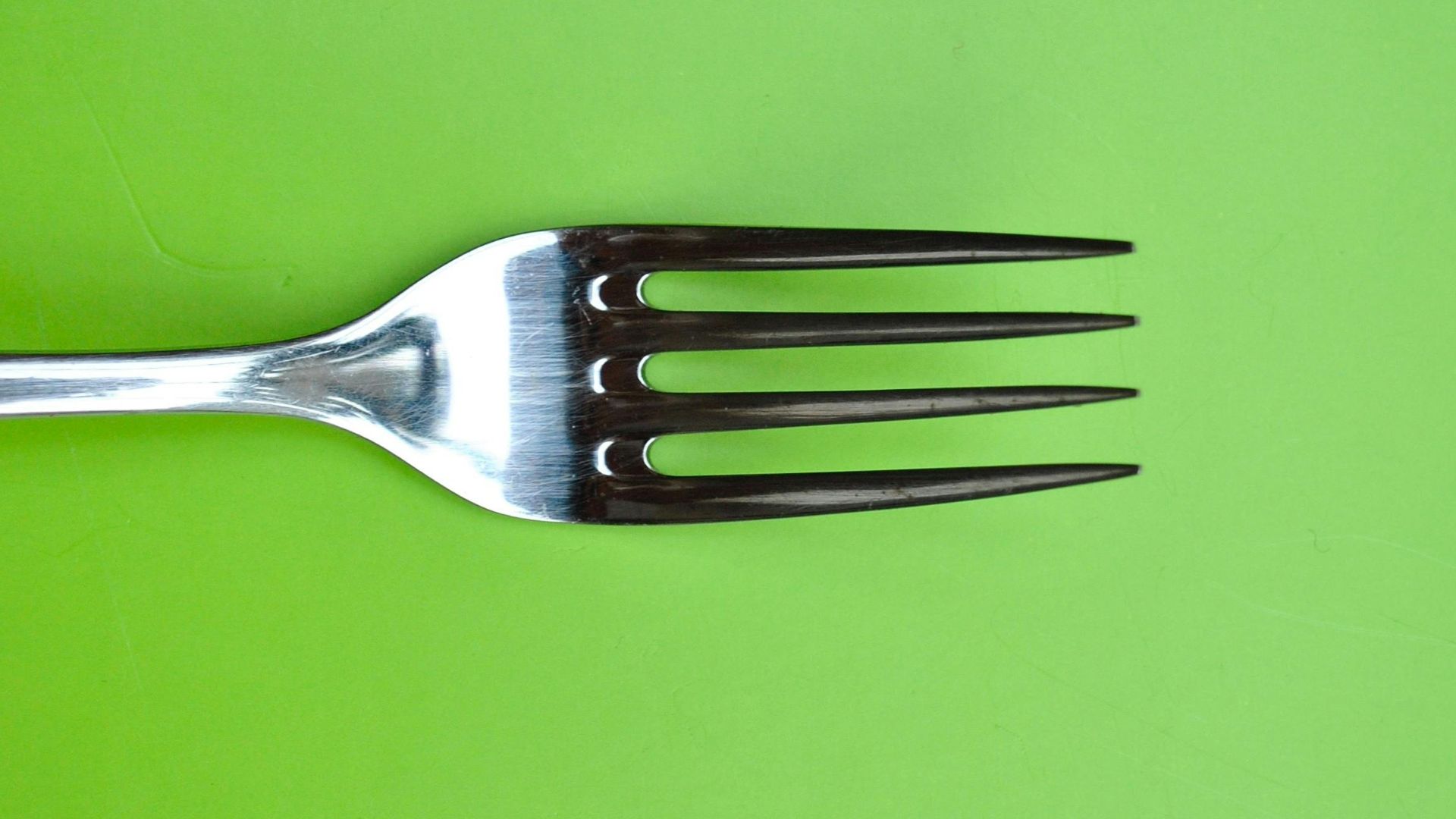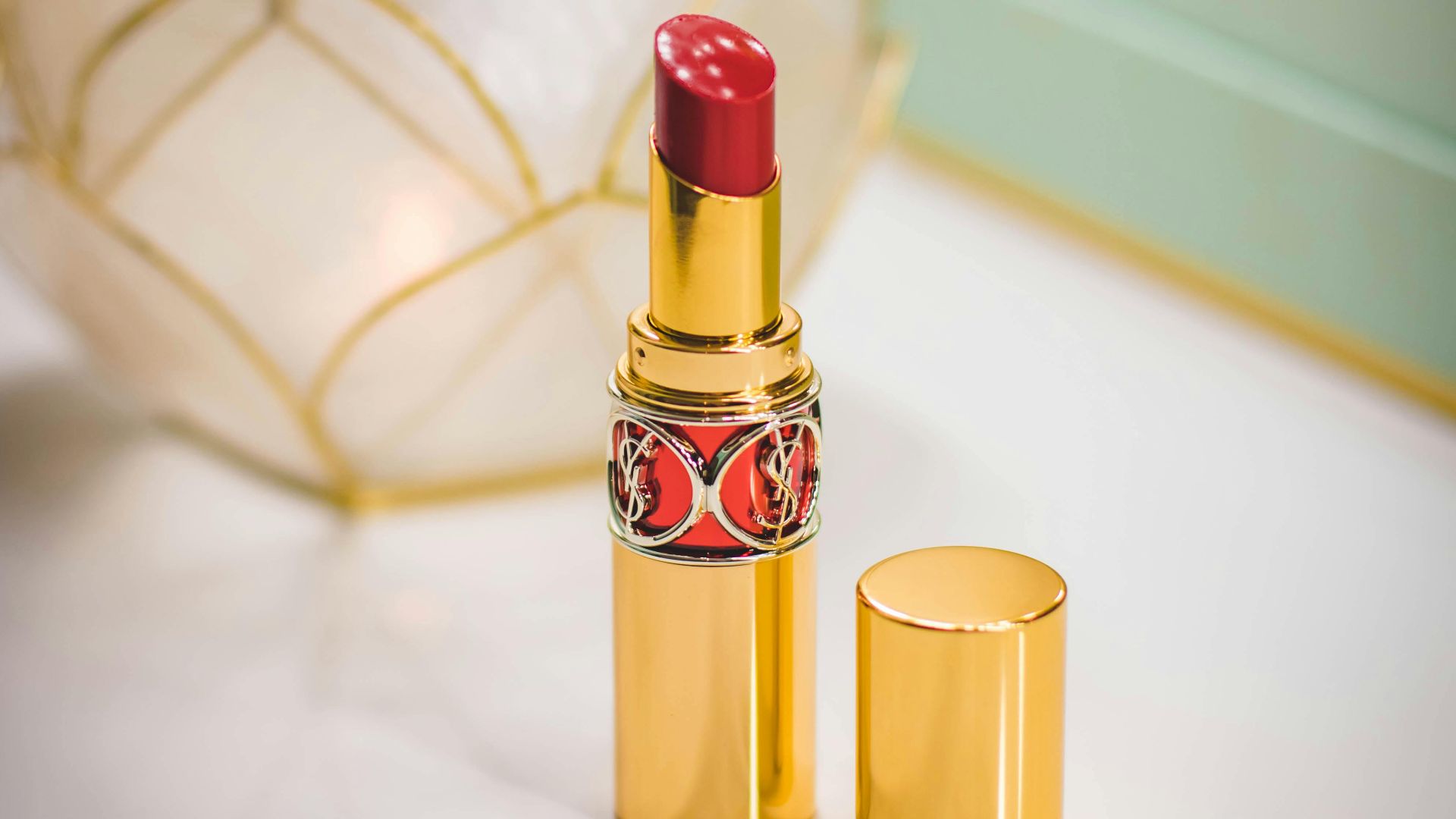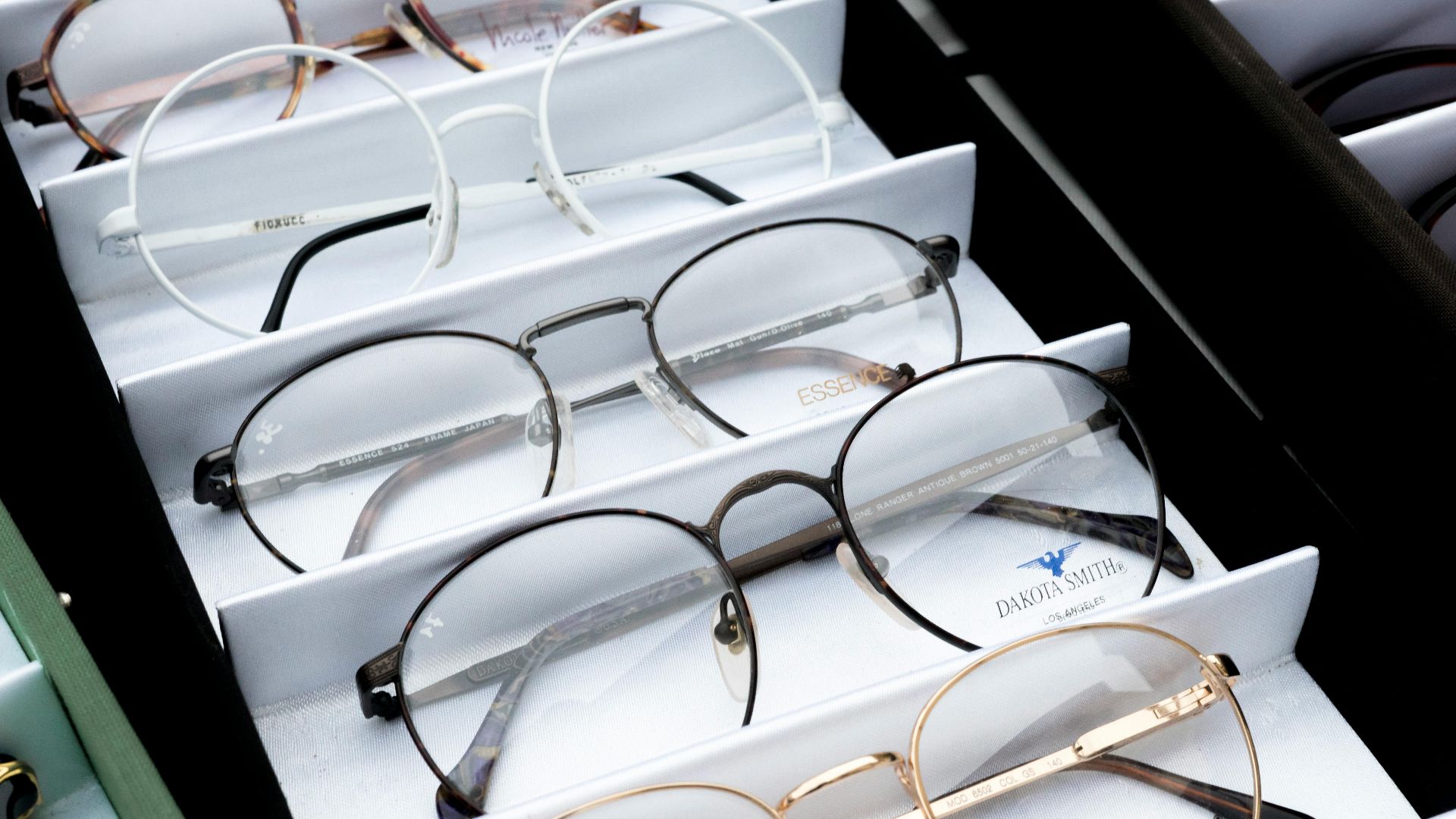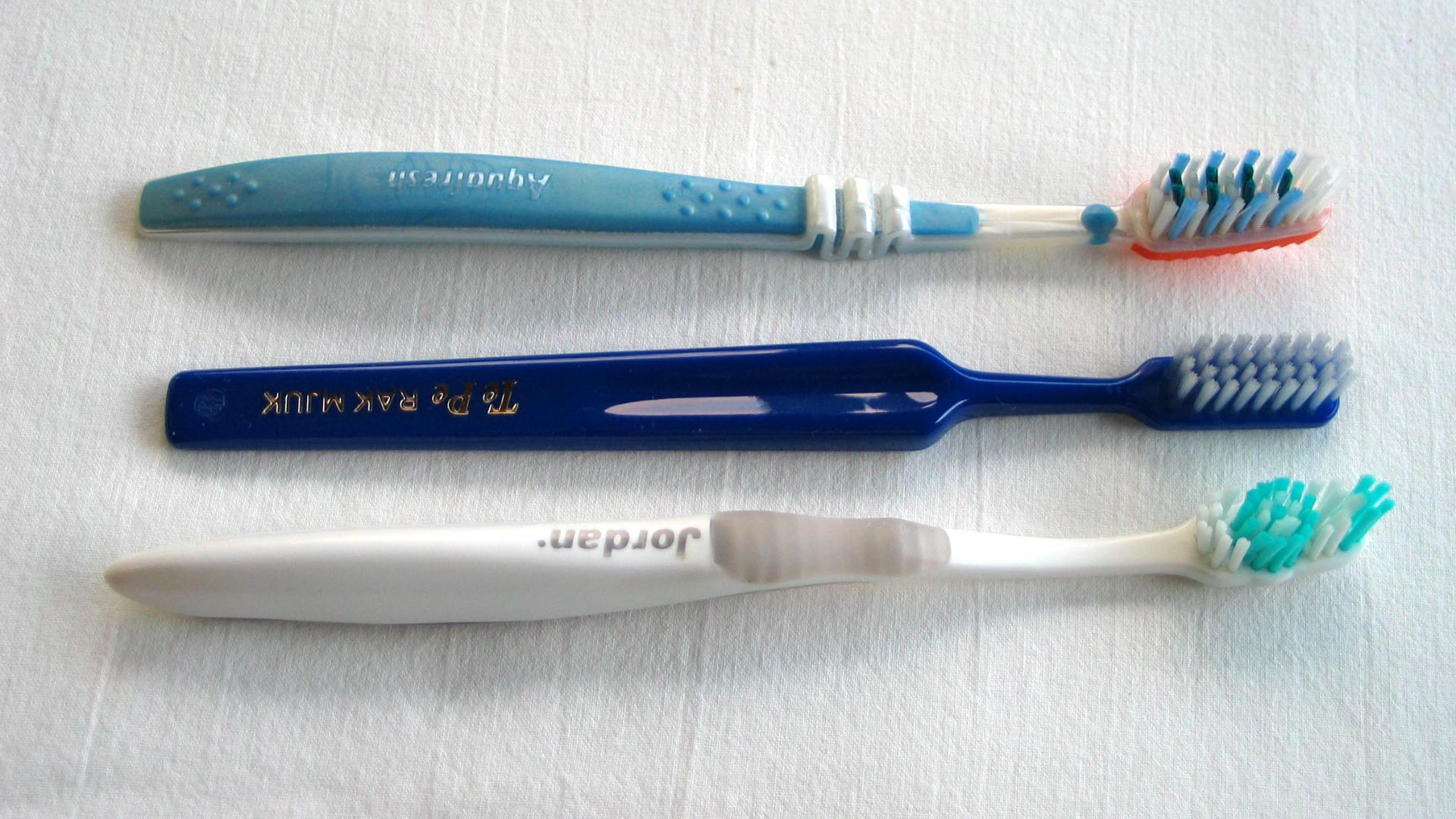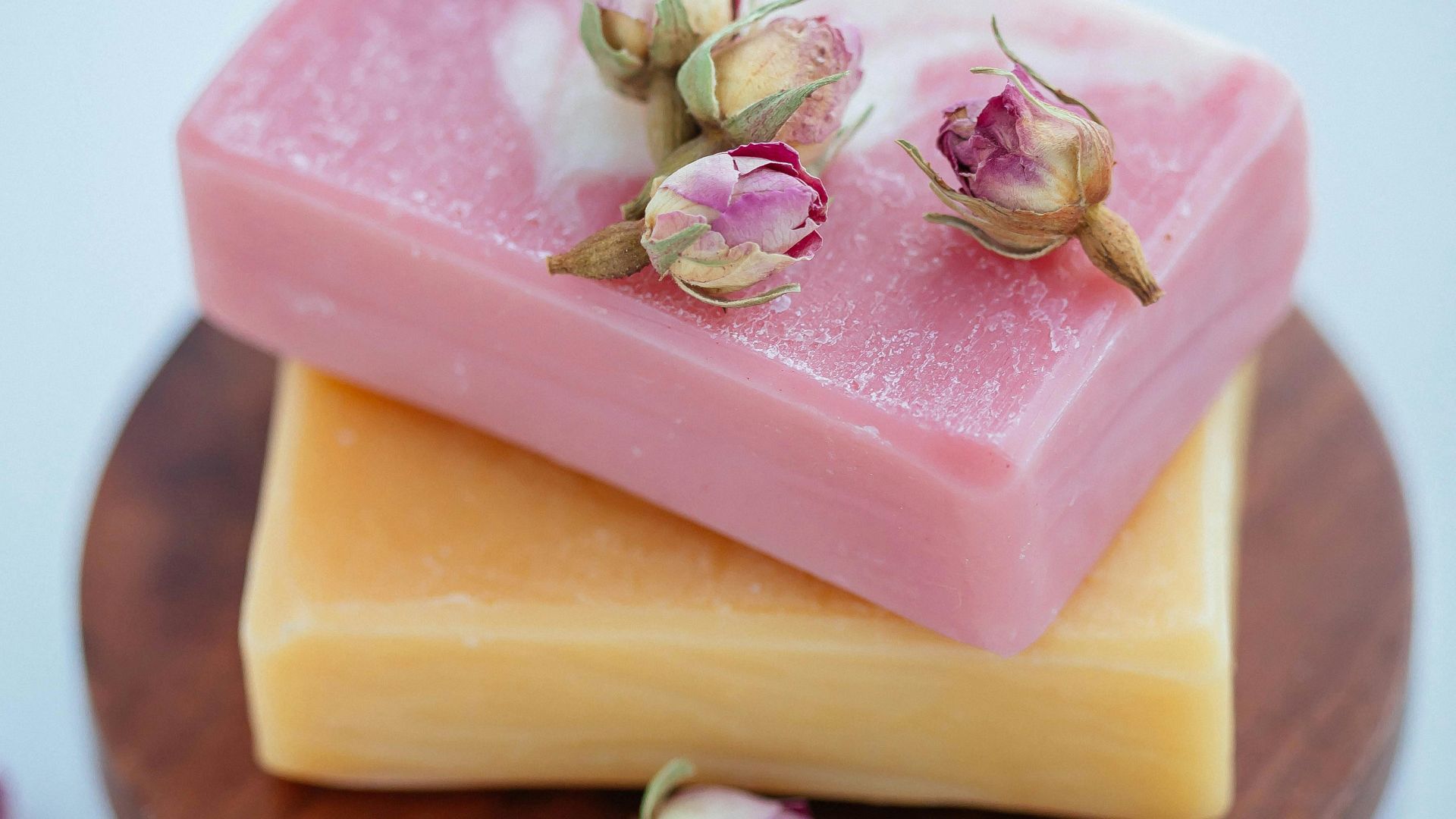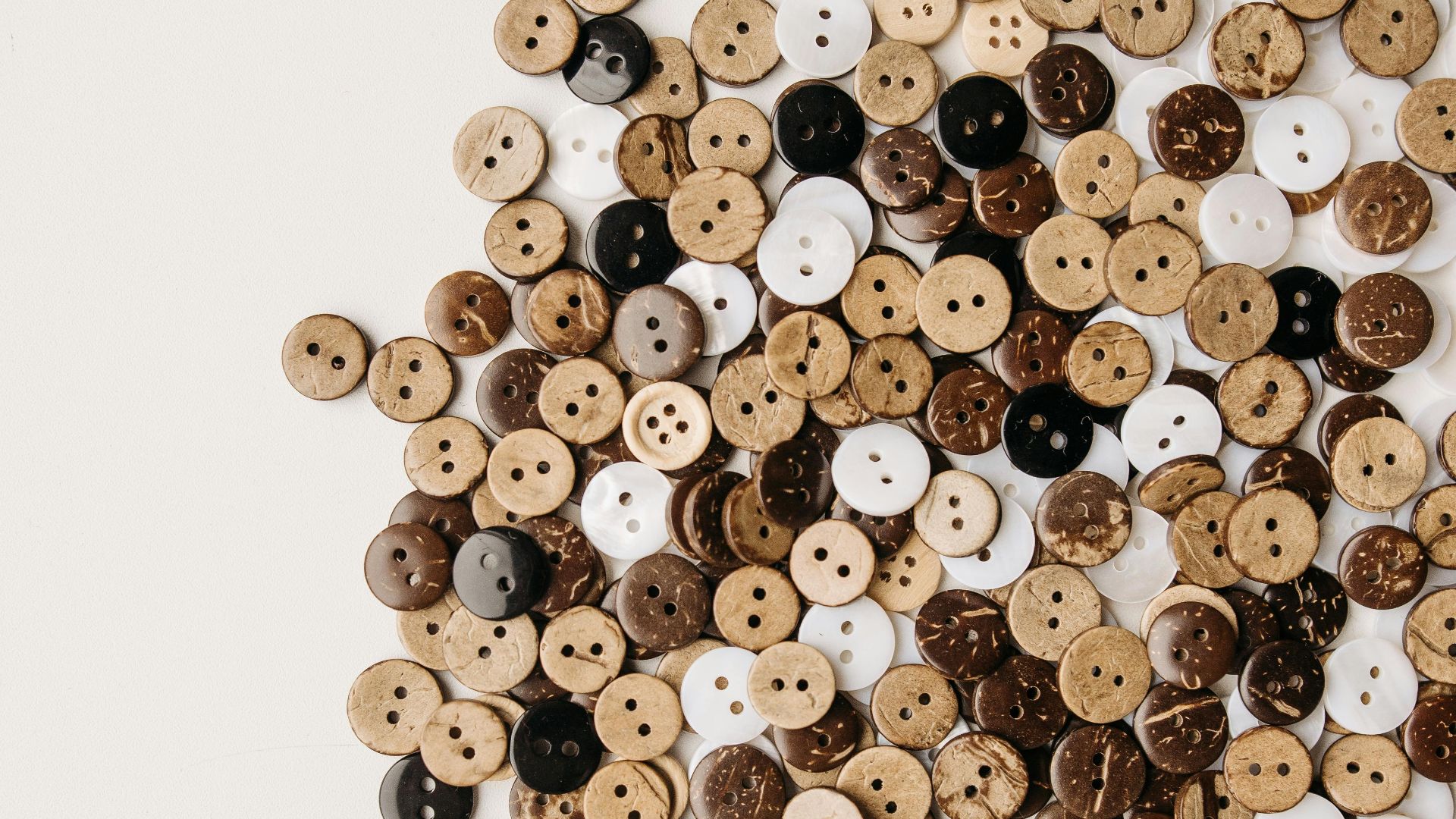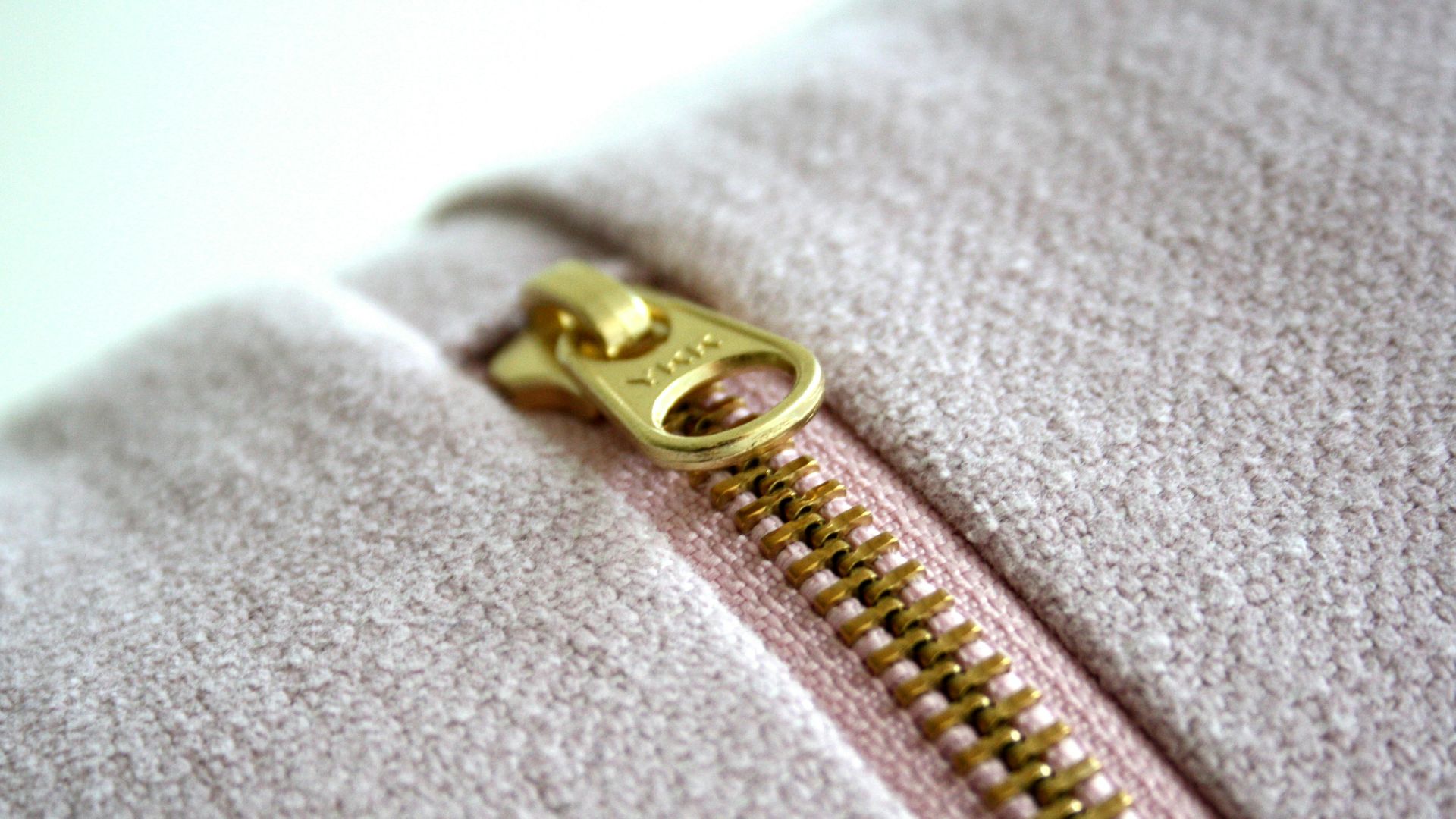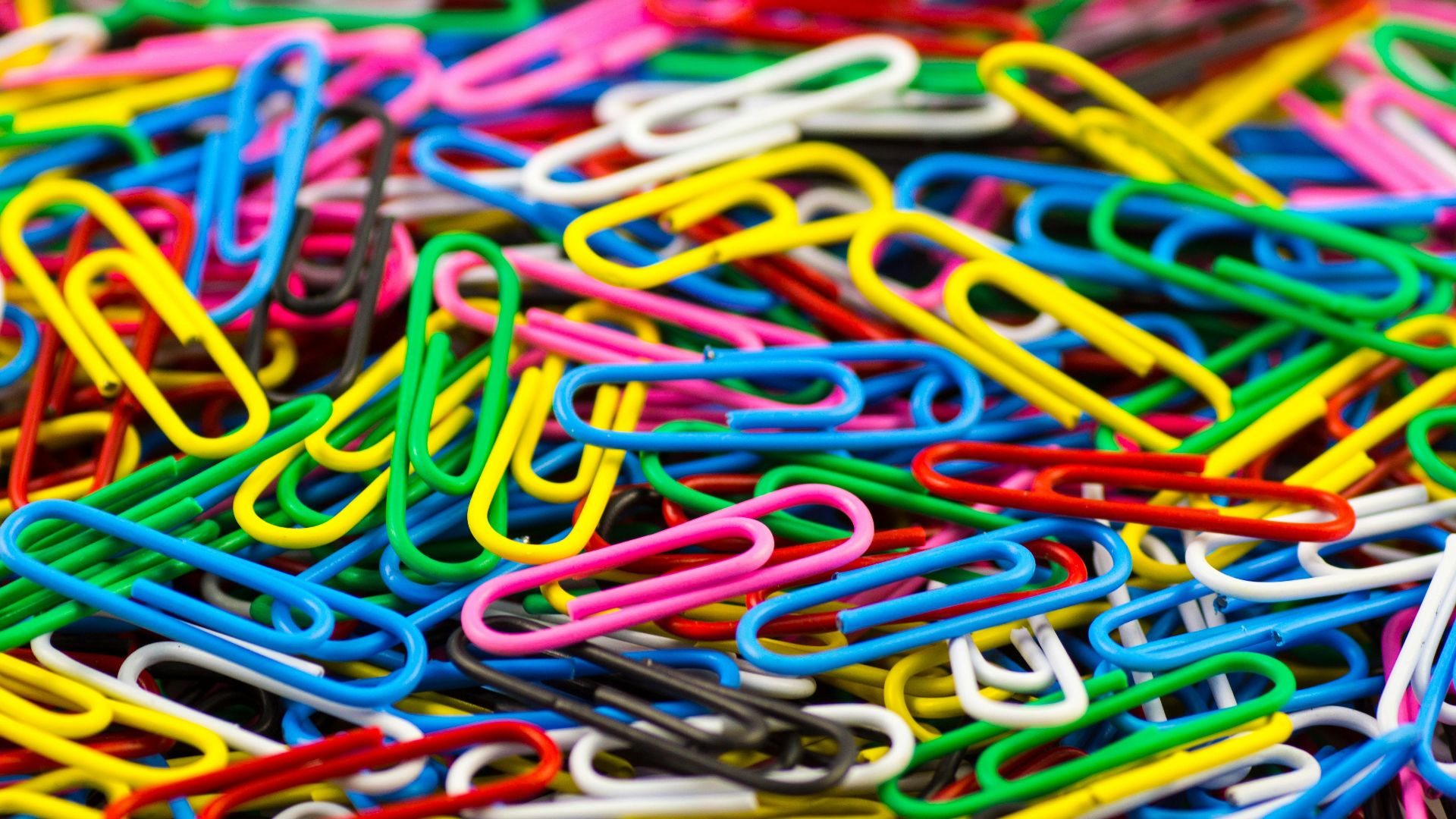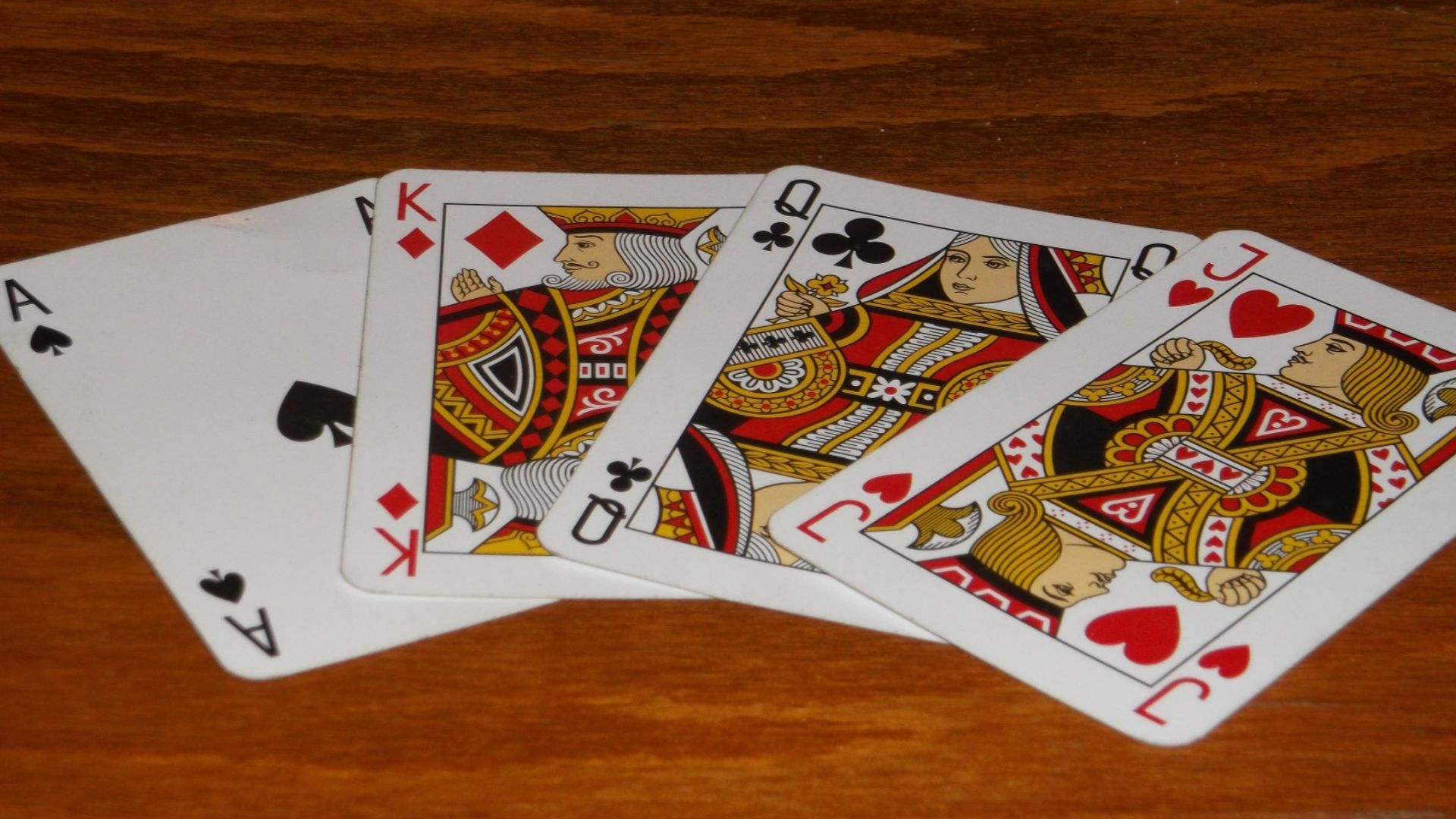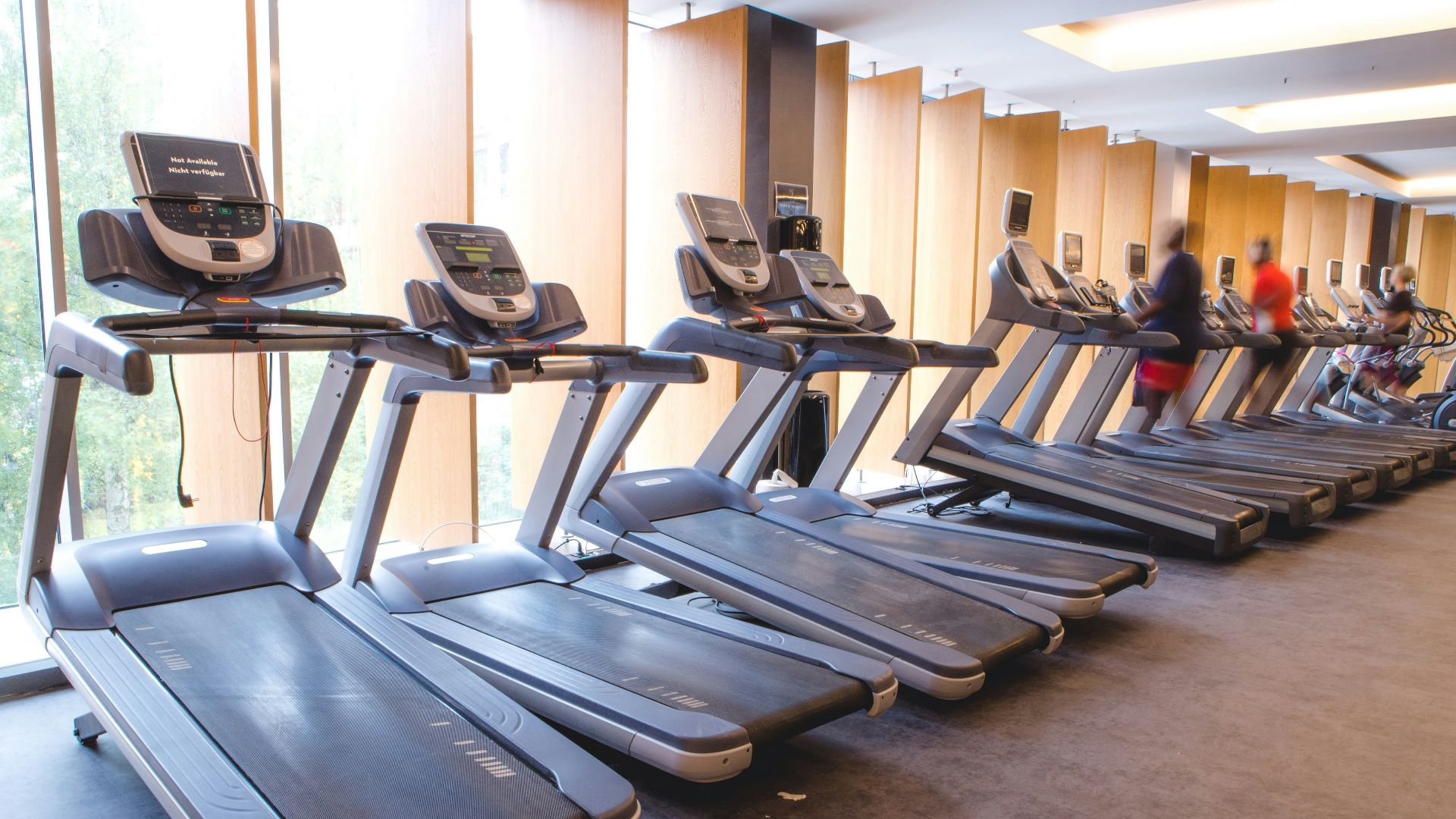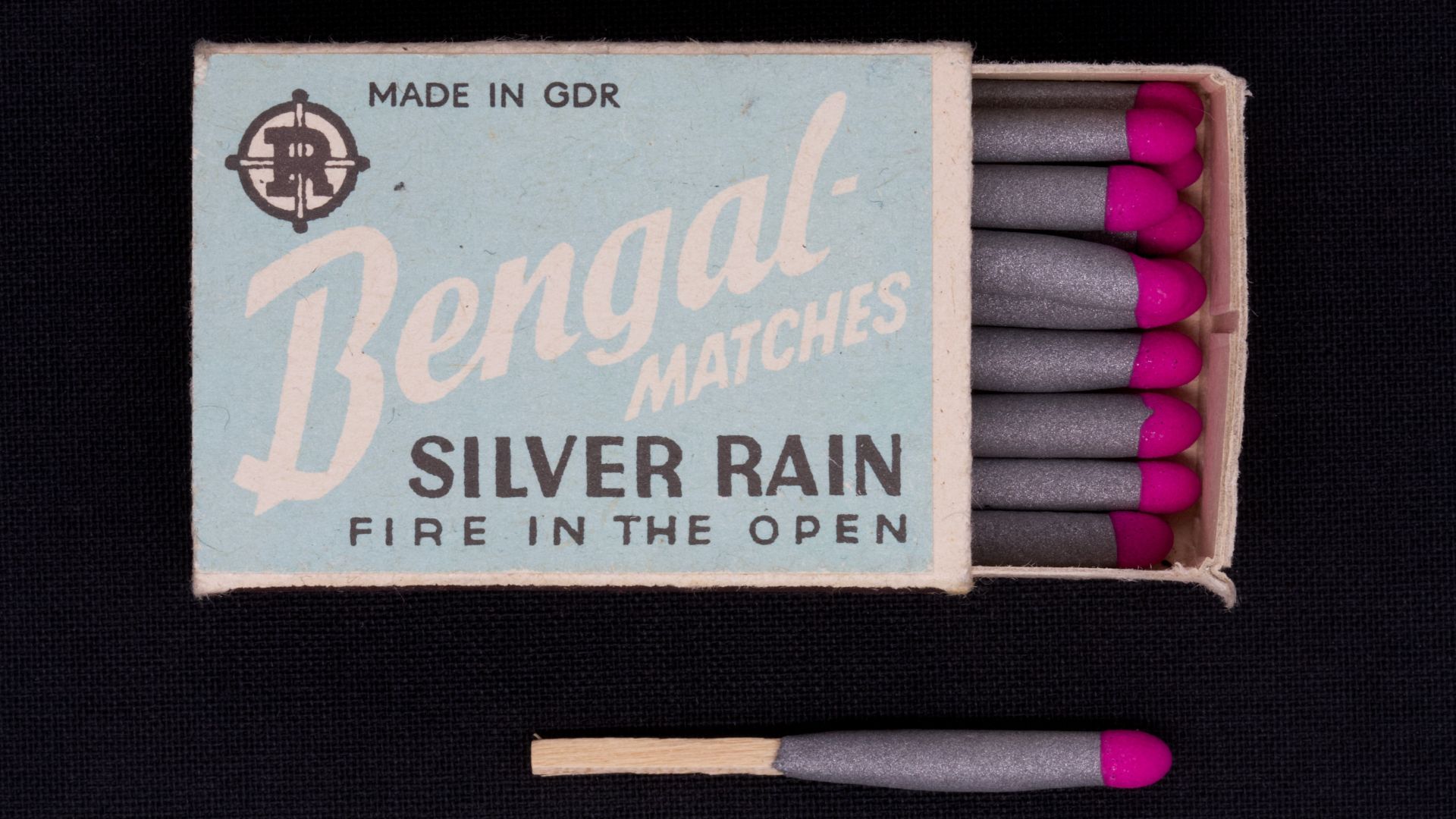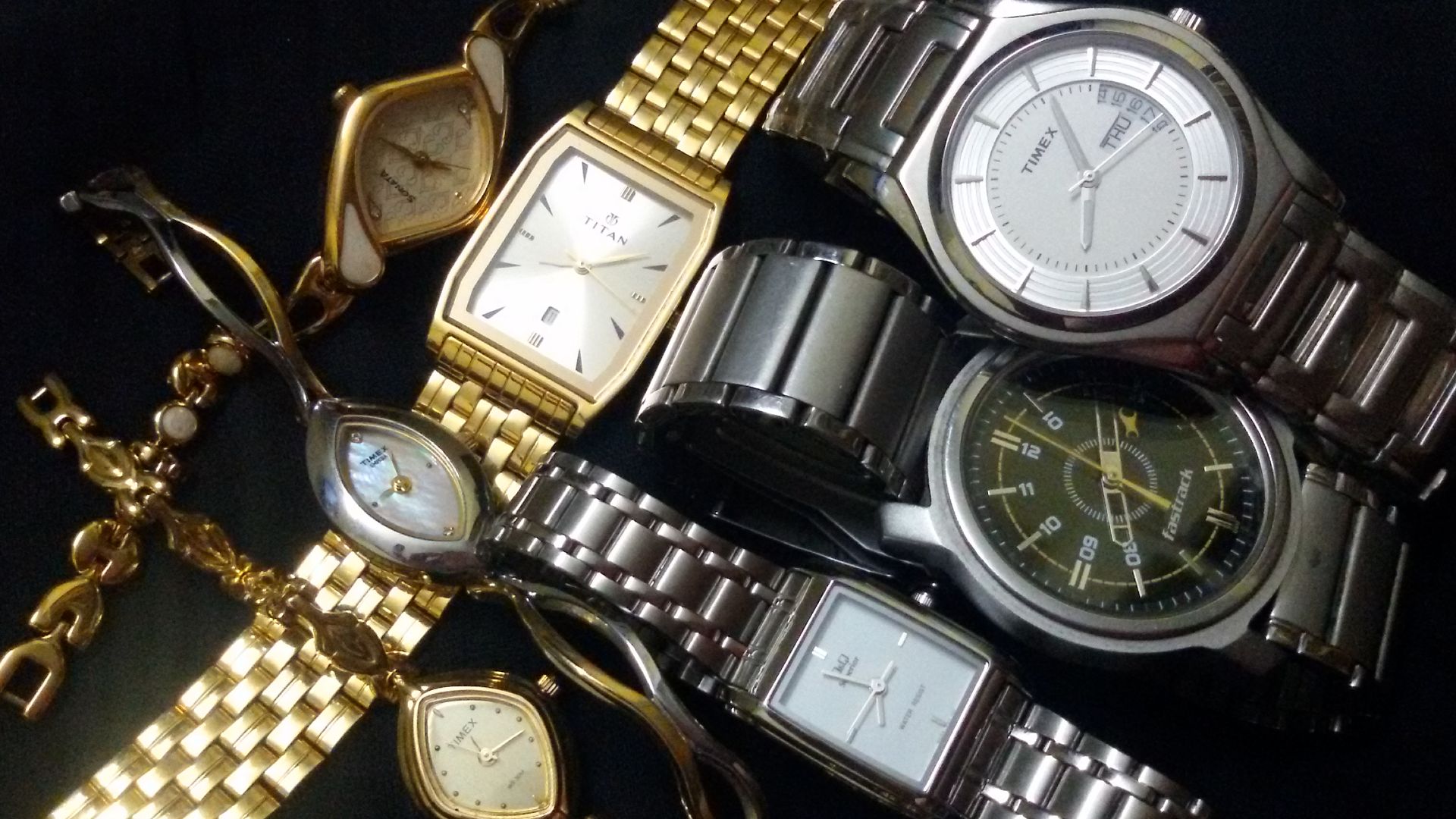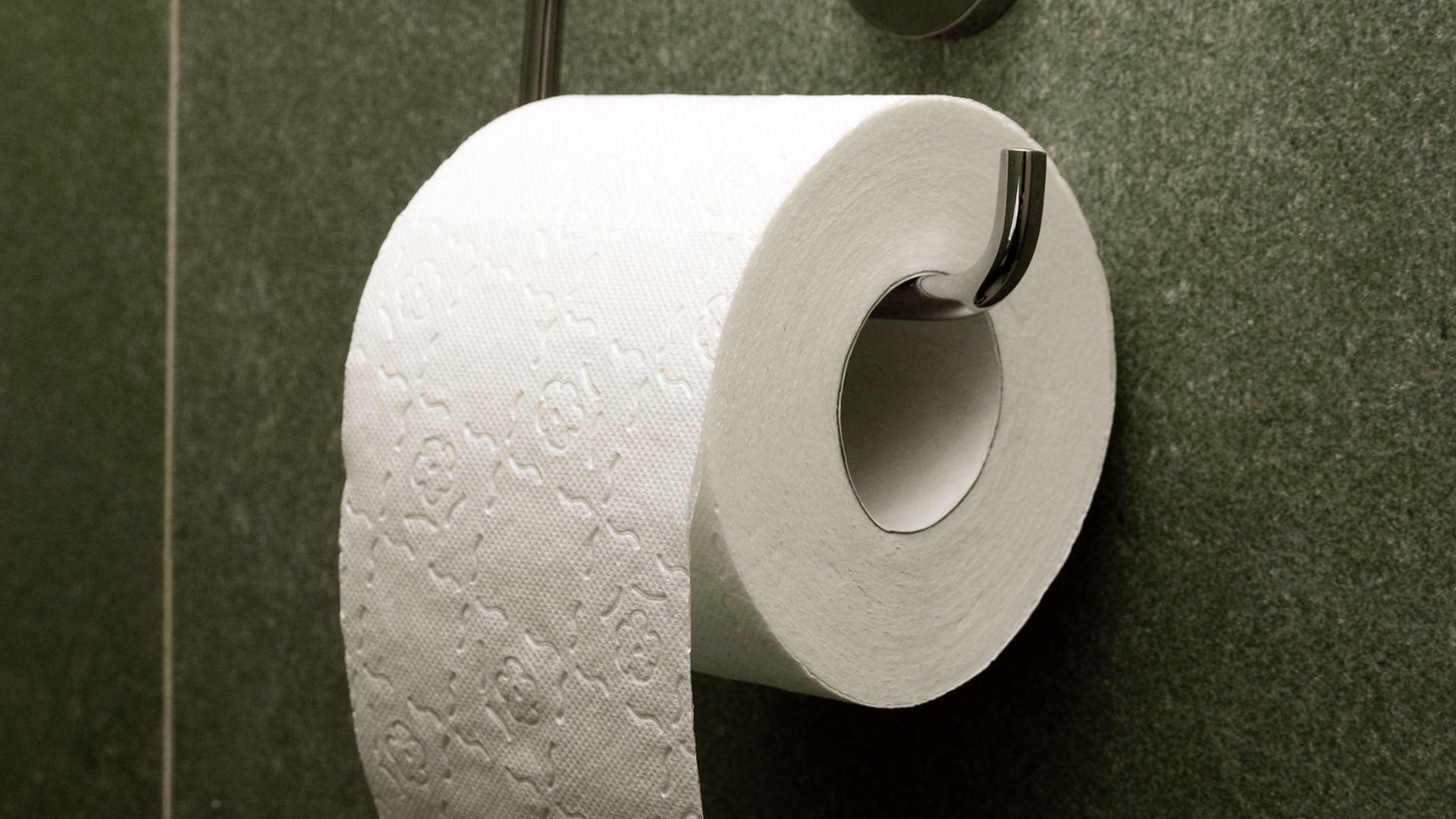The Untold Past Of Common Things
We use many items without a second thought—hold them, wear them, sip from them, even brush with them. Yet behind these ordinary objects lie stories that stretch across centuries and cultures. These everyday tools and accessories have unexpected roots that reveal just how inventive—and surprising—human history can be. Ahead, we’ll walk you through the history behind 20 items, and what you’ll see will either teach you something new, amuse you, or both.
1. Forks
In the 11th century, a Byzantine princess introduced forks to Italy, but before then, they were not widely used in Europe. Early forks were even seen as excessive and immoral. Then came the 18th century, and the modern four-tined fork design we know today was developed.
2. High Heels
Persian cavalry first wore high heels to help secure their feet in stirrups. Then, the European aristocracy adopted them in the 17th century to appear taller and more powerful. As for women, they only began wearing heels regularly in the late 1600s.
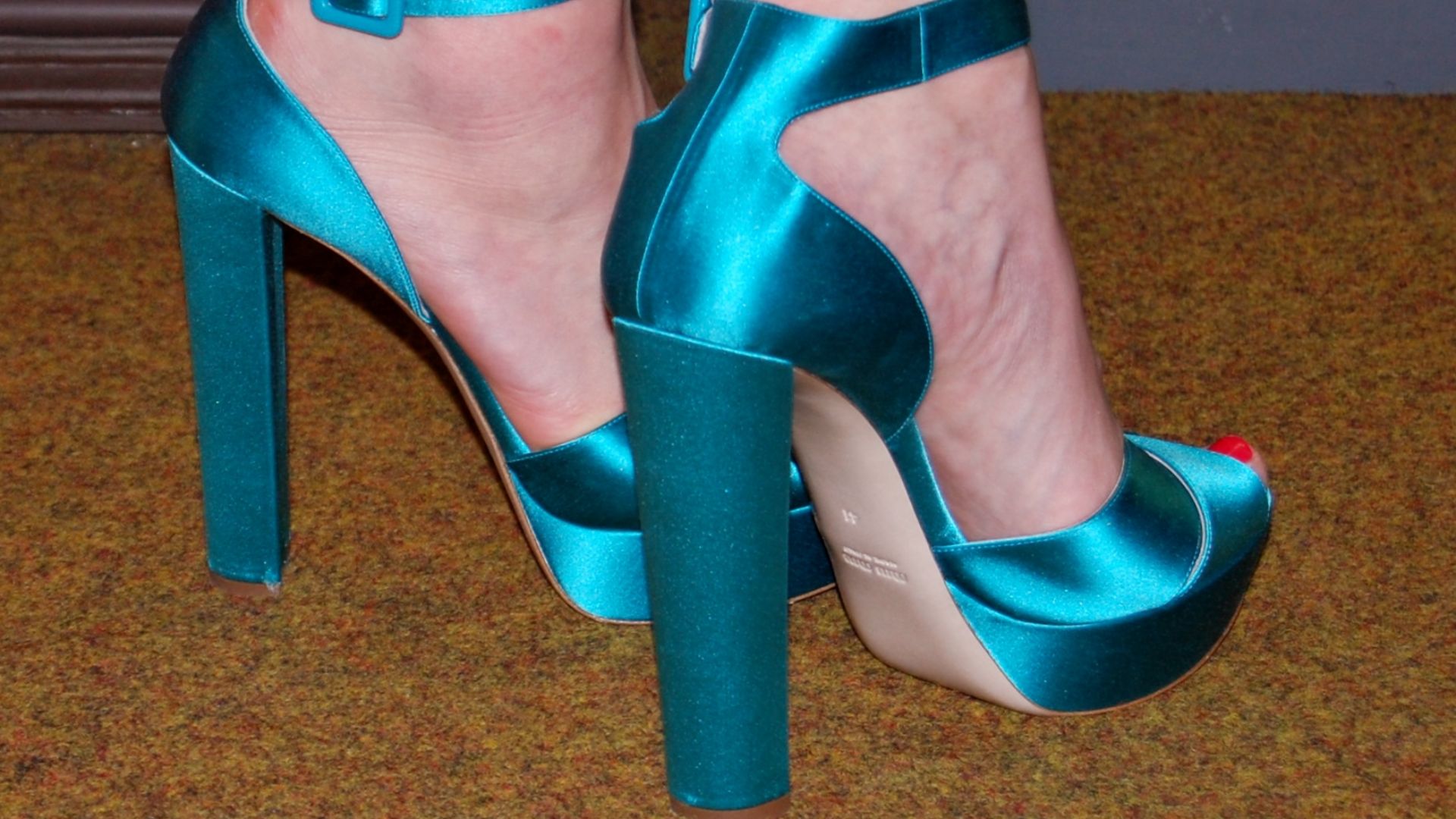 Sigismund von Dobschütz on Wikimedia
Sigismund von Dobschütz on Wikimedia
3. Lipstick
Before the modern lipstick tube, which was patented in 1915 by Maurice Levy, Cleopatra had her own lipstick, reportedly made from crushed beetles and ants. Lip color, however, was first used over 5,000 years ago by the Sumerians.
4. Umbrellas
When the umbrella originated in ancient Mesopotamia, it was used as a sunshade for royalty. Spreading into Europe in the 17th century changed that, and rain protection became its main use. In England, men were ridiculed for using umbrellas, which were seen as a feminine accessory.
5. Eyeglasses
Early lenses were made from quartz and set in heavy frames, but the first wearable eyeglasses appeared in Italy around the 13th century. Initially, eyeglasses were only for monks and scholars, and they didn’t have side arms until the 1700s.
6. Toothbrushes
Tooth-cleaning goes back to ancient Egypt and Babylon, where people used chewing sticks. China would see the first bristle toothbrush made from hog hair during the Tang Dynasty, and nylon-bristled toothbrushes were introduced in 1938, replacing animal hair. In 1954, the first electric toothbrush was developed.
7. Alarm Clocks
The ancient Greeks used water clocks to time alarms with bells. Then, in 1787, Levi Hutchins invented the first mechanical alarm clock, but it only rang at 4 a.m. In the 20th century, a new kind of alarm clock became popular—the one that played music.
 Santeri Viinamäki on Wikimedia
Santeri Viinamäki on Wikimedia
8. Soap
Soap-making dates back to at least 2800 BCE in ancient Babylon. Unlike modern soaps, early soap was made by mixing animal fats with wood ash. Thanks to industrialization, soap bars became widely available during the 19th century, and the Victorian Era witnessed a surge in the use of scented soap.
9. Buttons
First used in the Indus Valley Civilization, buttons have existed for over 5,000 years. They didn't start out as fasteners but as decorative items, but when buttonholes became a thing in the 13th century, buttons became closures. Also, military uniforms helped popularize button use across classes.
10. Zippers
Early zippers were called “clasp lockers” and used mostly on boots and tobacco pouches. Even though the zipper was first patented in 1851, it wasn’t functional until 1913. Then, in the 1930s, it became common in clothing. By replacing buttons and hooks, this invention revolutionized fashion.
11. Paperclips
The paperclip was patented in the 1890s as a tool for holding papers together. Before that, people used pins, string, or wax seals to bind papers. And although the most common design, the Gem clip, was never patented, it became the global standard.
12. Teabags
Teabags owe their invention to an accident in 1908, when a tea merchant sent samples in silk pouches. Consumers thought the pouches were meant to be steeped, and that sparked the idea. In the 1920s, the first mass-produced paper teabags appeared.
13. Safety Pins
In 1849, Walter Hunt invented the safety pin as a quick solution to pay off a debt. It is a modern evolution of the ancient Roman fibula, used to fasten togas and cloaks. Hunt sold the patent for only $400 and never profited from its massive success.
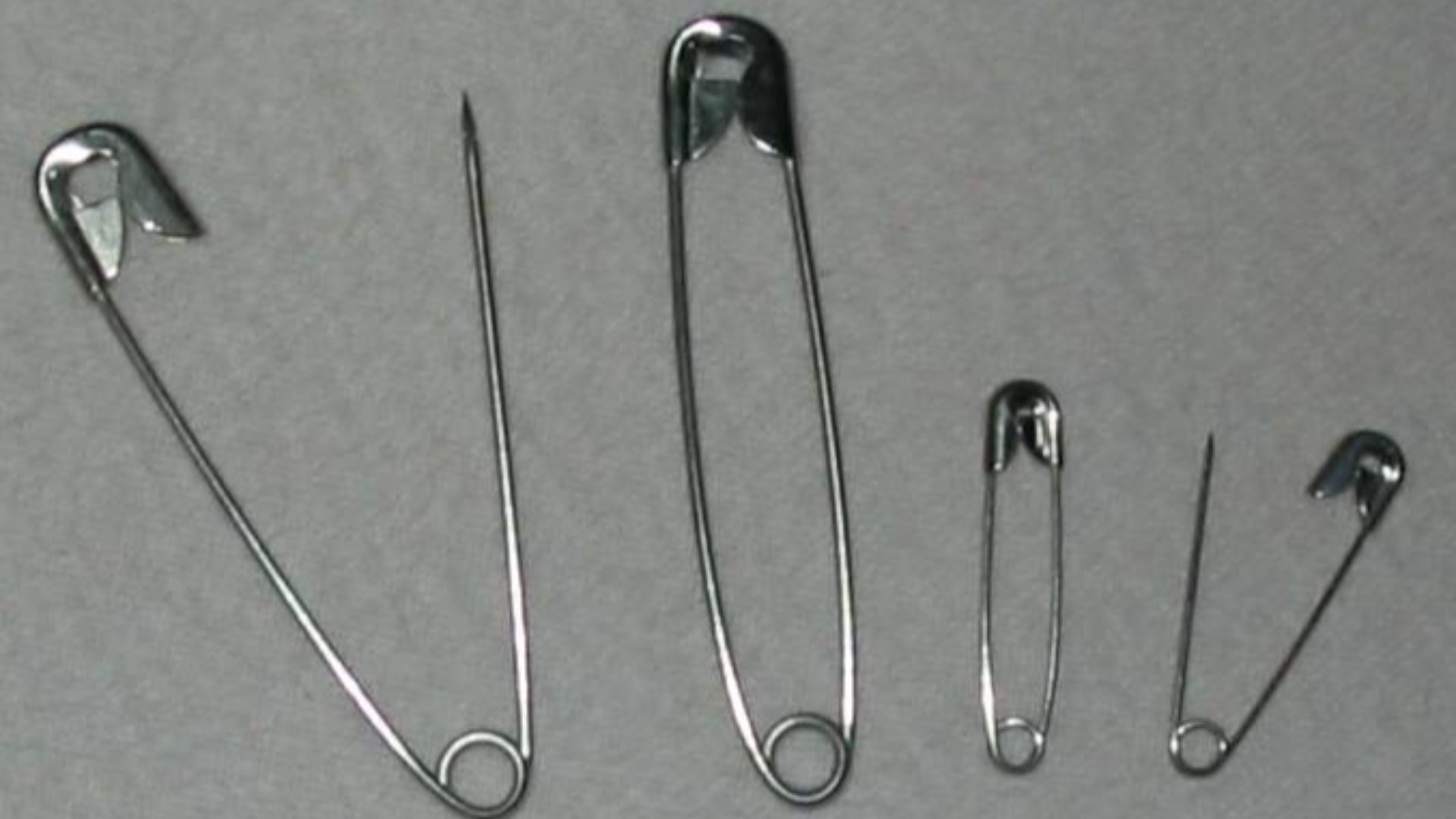 Corny84 at German Wikipedia on Wikimedia
Corny84 at German Wikipedia on Wikimedia
14. Playing Cards
Playing cards first emerged in China during the Tang Dynasty in the 9th century, and through the Islamic world, they spread to Europe by the 14th century. In WWII, special playing cards were issued that could be soaked and peeled apart to reveal escape maps.
15. Treadmills
In the 1800s, treadmills were originally invented as punishment devices in British prisons. Prisoners would walk on massive wheels to generate power or simply for discipline. Some prisons used treadmill time to grind flour or pump water into tanks.
16. Matches
Before matches, people relied on flint, steel, or chemical reactions to create fire. Then, in 1826, an English chemist, John Walker, invented the first friction match. Walker's early matches were called “lucifers” and were known for their foul smell, and safety matches later came in 1855.
17. Shopping Carts
Sylvan Goldman, a grocery store owner, invented the first shopping cart in 1937. Oddly, shoppers initially didn’t buy the idea of these carts, comparing the design to baby carriages. To normalize their use, Goldman had to hire actors to push carts in-store.
18. Wristwatches
Wristwatches were originally worn by women in the 19th century as jewelry. But during World War I, men widely adopted them for convenience in combat. Early soldiers called them “trench watches,” and pilots also used oversized wristwatches for easy time checks during flight.
19. Toilet Paper
The first recorded use of paper for hygiene purposes was in 6th-century China. It wasn’t until the late 19th century that the rolled form of toilet paper was introduced. Mass production of modern toilet paper finally began in the United States in 1857.
20. Mirrors
Back in 6000 BCE, mirrors were polished obsidian or bronze. Before them, people saw their reflections in still water or polished stone. Glass mirrors backed with metal would later be invented in Venice in the 1500s, with early ones so expensive they were considered luxury items.
KEEP ON READING

The story of Ching Shih, the Woman Who Became the…
Unknown author on WikimediaFew figures in history are as feared…
By Emilie Richardson-Dupuis Dec 29, 2025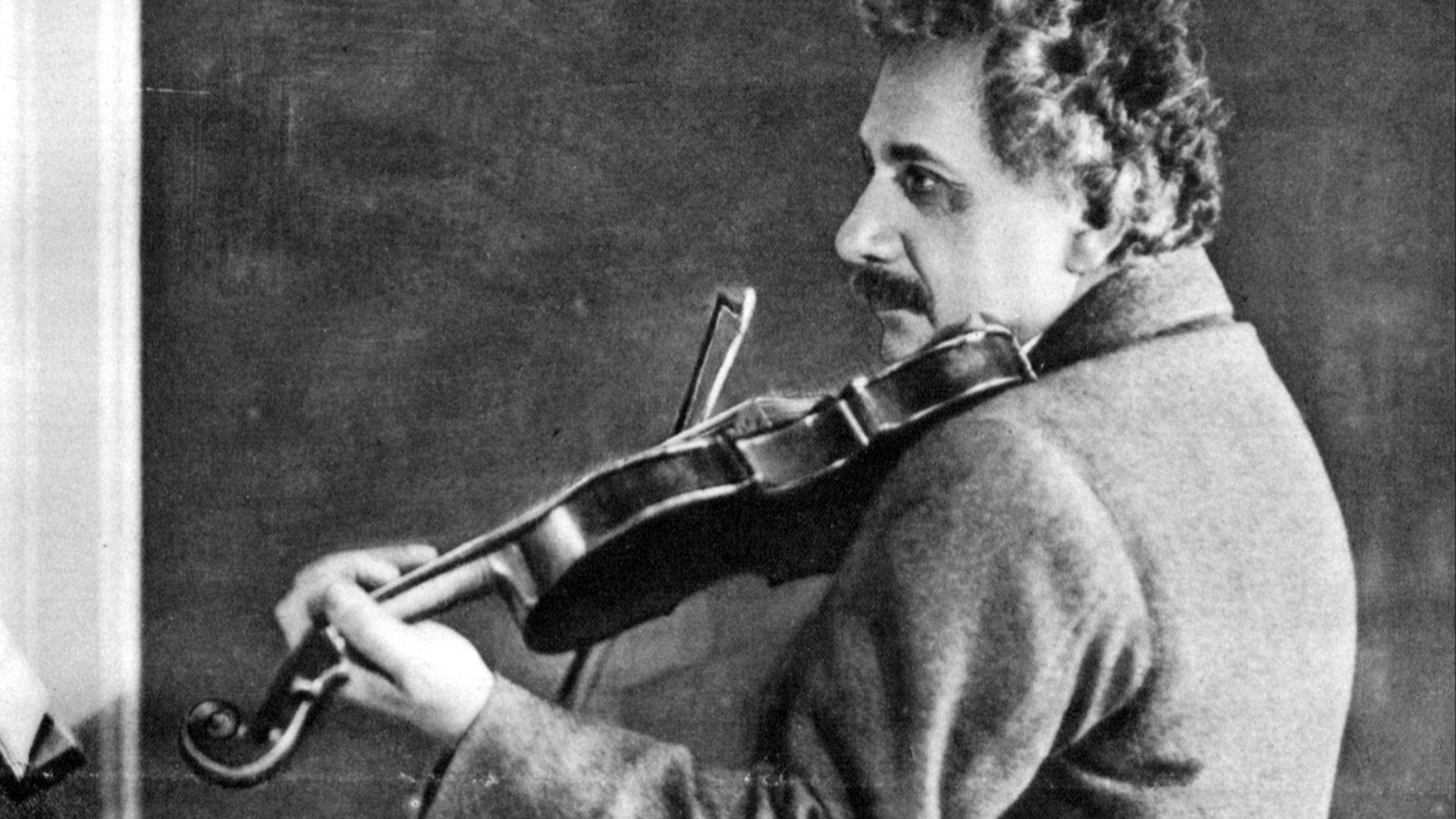
Einstein's Violin Just Sold At An Auction—And It Earned More…
A Visionary's Violin. Wanda von Debschitz-Kunowski on WikimediaWhen you hear…
By Ashley Bast Nov 3, 2025
This Infamous Ancient Greek Burned Down An Ancient Wonder Just…
History remembers kings and conquerors, but sometimes, it also remembers…
By David Davidovic Nov 12, 2025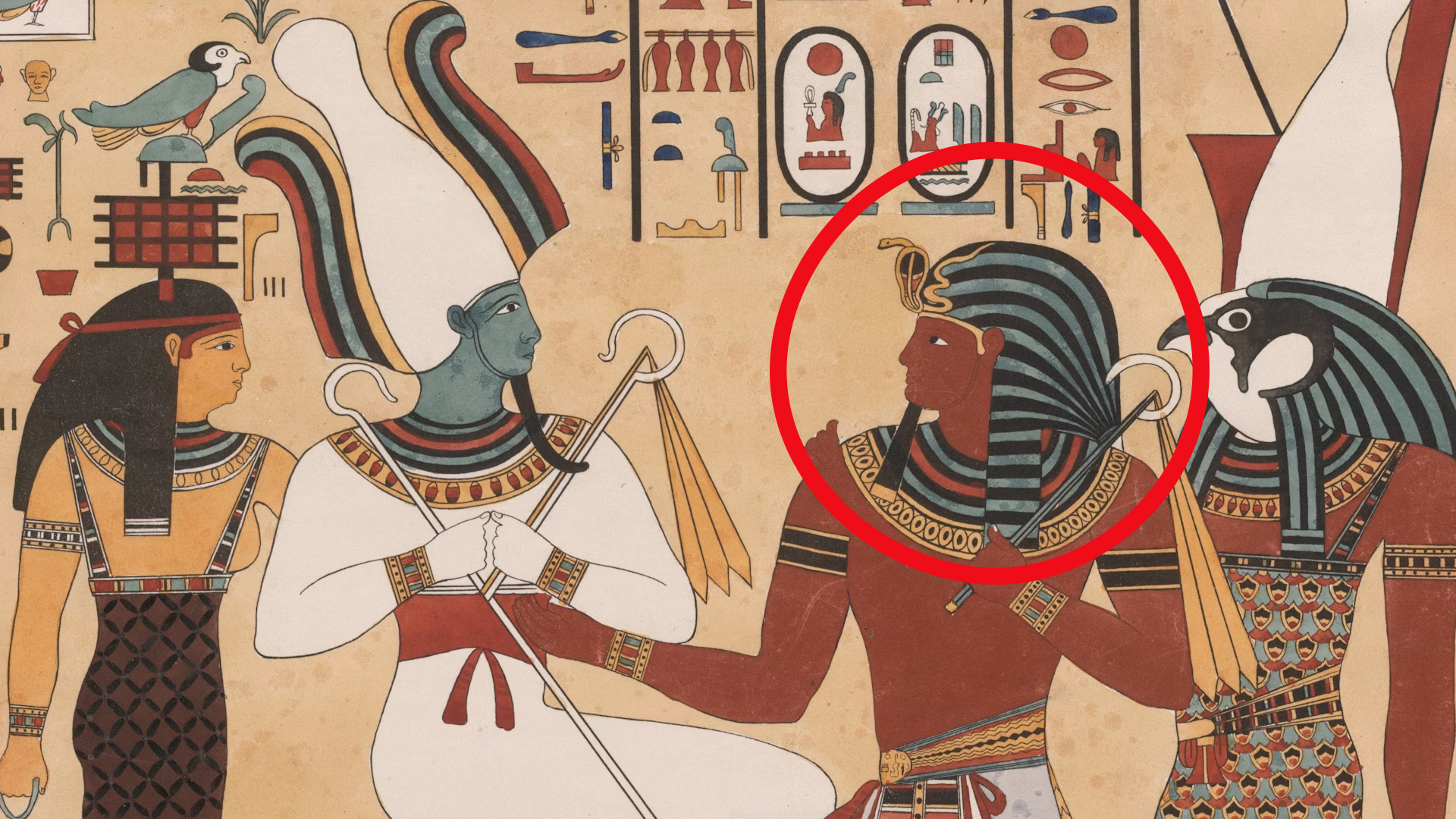
The Mysterious "Sea People" Who Collapsed Civilization
3,200 years ago, Bronze Age civilization in the Mediterranean suddenly…
By Robbie Woods Mar 18, 2025
20 of History's Most Famous Rivalries
When History Turned Into a Long-Term Feud. History isn’t only…
By Emilie Richardson-Dupuis Mar 2, 2026
20 Soldiers Who Defied Expectations
Changing the Rules of the Battlefield. You’ve probably heard plenty…
By Annie Byrd Feb 10, 2026


